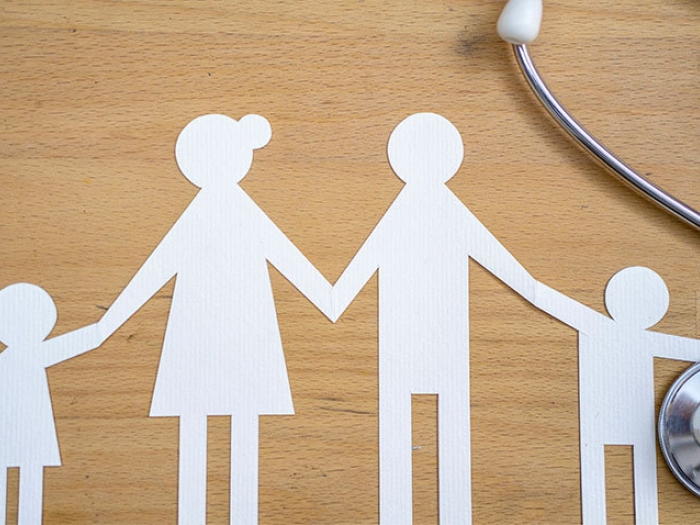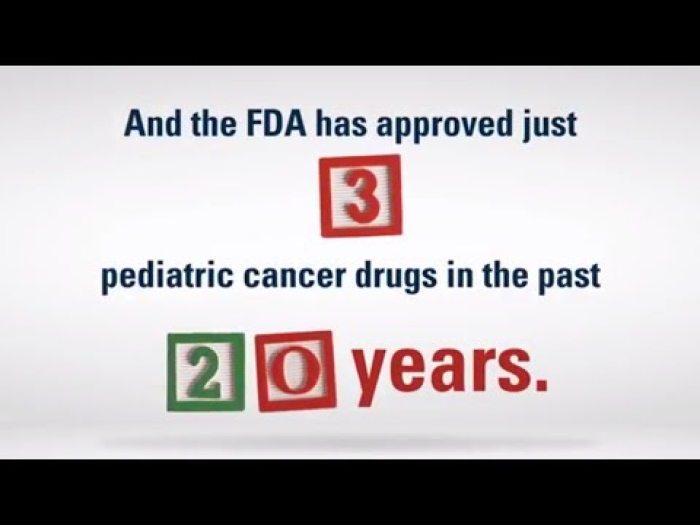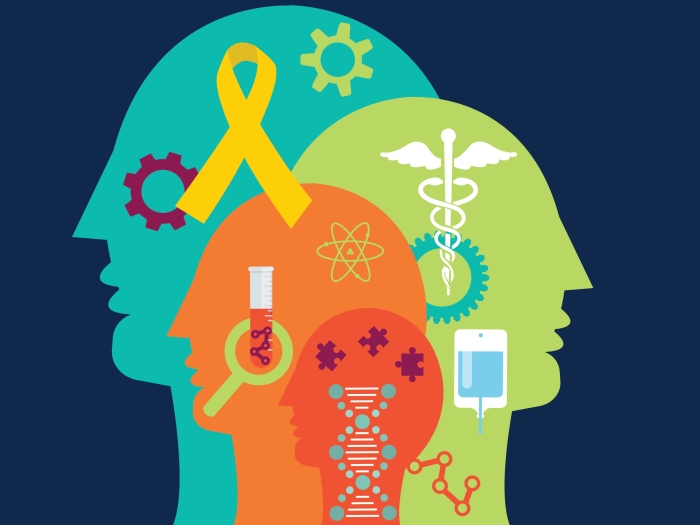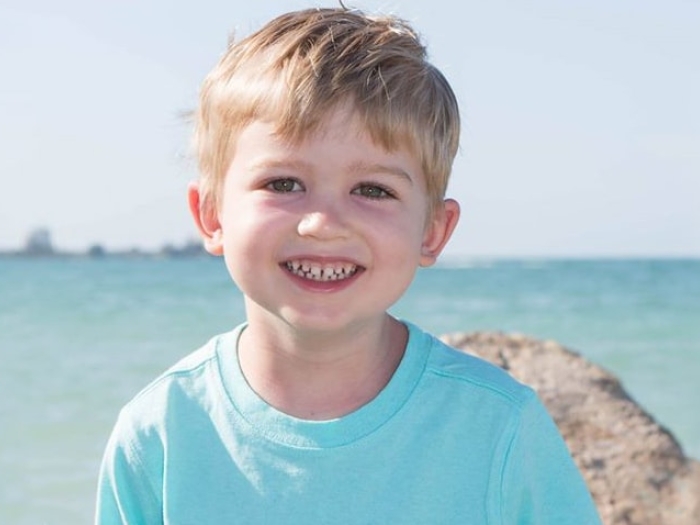Twins Zane and Zac Taylor have something rare in common: acute lymphocytic leukemia. Throughout the ordeal, the family has stayed strong, aiming for "healing and hope."
7:00 AM
Author |
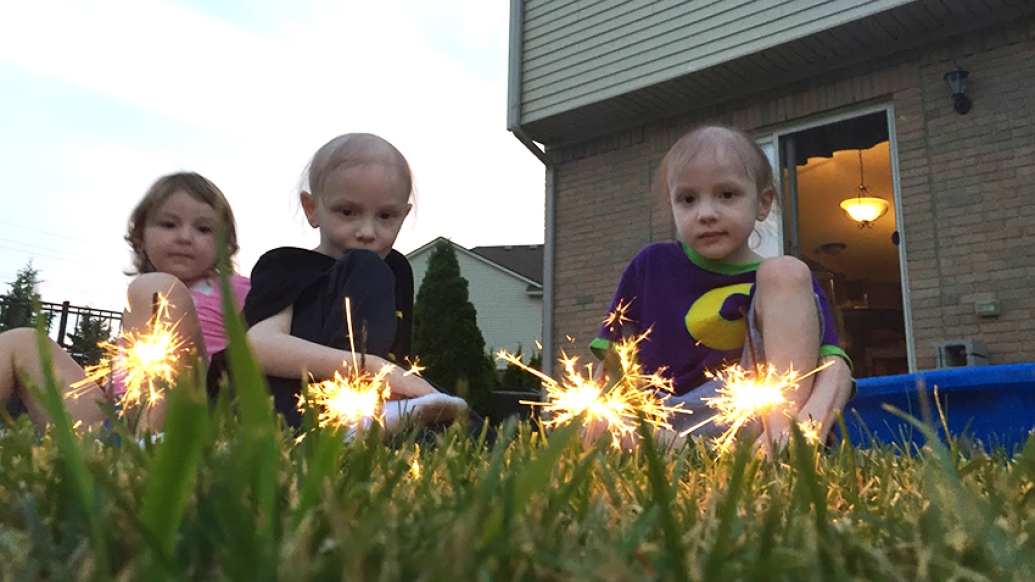
Since the day they came home from the hospital in matching newborn monkey outfits, Zane and Zac Taylor have done everything together.
They shared a bedroom, learned to walk and talk in tandem, and started preschool in the same classroom.
SEE ALSO: Four Miraculous Little Victors, One First-Grade Classroom
Now, the identical 5-year-old twins are experiencing the unimaginable together.
They are both battling cancer.
Just 13 days apart in February, the brothers were each diagnosed with leukemia and have spent much of the past few months side by side at University of Michigan C.S. Mott Children's Hospital, where they are receiving treatment.
"It doesn't even seem possible," dad Bob Taylor says. "It's so shocking to comprehend that both of your kids are fighting cancer at the same time. Even as I'm saying it right now, it doesn't seem like it could be true."
Taking care of one child with leukemia is intense enough. To have two kids diagnosed at the same time, it's unbelievable.Rama Jasty Rao, M.D.
'The worst kind of déjà vu'
When Zac came down with a rash, fever and extreme lethargy this winter, it appeared to be a bad case of hand-foot-and-mouth disease. But when symptoms persisted two weeks later, his doctor ordered blood tests.
Marty Taylor was in the middle of registering her sons for kindergarten when she got the call that the tests were back, and Zac needed to go to the ER.
"When they said the test results confirmed it was cancer ... it just changes your whole world," Bob Taylor says.
Then, less than two weeks later, came more shocking news.
The Taylors had taken Zane to the doctor for a low-grade fever because of concerns he may pose a threat to his brother's vulnerable immune system.
"Zane's fever was nothing you'd ever take a child to the doctor for. It was barely over 99, and he was still playing like normal. We just took him to the doctor to protect Zac. We didn't want Zac to get sick," Bob Taylor remembers.
Just to be safe, their pediatrician ran the same blood tests Zac had gotten. Bob assured his wife that it was just out of caution — not because the doctors thought Zane had the same disease.
But that night they got the dreaded call again, and Zane was taken to the hospital. Doctors were as stunned as the Taylors when they told them Zane had the same type of cancer as his brother.
"It was the worst kind of déjà vu," Bob Taylor says. "It just didn't seem possible."
'Unbelievable' odds
The cancer risk for an identical twin of a child with leukemia is significantly higher than the risk for any other sibling or a fraternal twin, says Mott pediatric oncologist Rama Jasty Rao, M.D. Although this risk remains until age 6, it decreases with age. The greatest risk is seen in the first year of life.
The risk of developing leukemia for the twin of a child with the disease is also higher for B-cell acute lymphocytic leukemia (ALL). For nearly 80 to 85 percent of children with ALL, the leukemia starts in B cells. Zane and Zac have the rarer T-cell ALL.
That's why the double diagnoses shocked even Rao.
"The odds of both twins getting this type of cancer at age 5 are so small. It was very unexpected," she says. "Taking care of one child with leukemia is intense enough. To have two kids diagnosed at the same time, it's unbelievable."
Rao says the boys' care teams are continually amazed by how "phenomenal, patient and calm" the parents have been during the situation, and both boys are responding very well to chemotherapy.
The Taylors have also donated some of their sons' cord blood for pediatric cancer research at Mott.
"Because they are twins, samples of their cord blood shed a lot of light on how genetic factors may contribute to cancer development," Rao says.
"We know these abnormalities started in utero but just now transformed to full-blown leukemia, so we can study the pathways of how and why this happened."
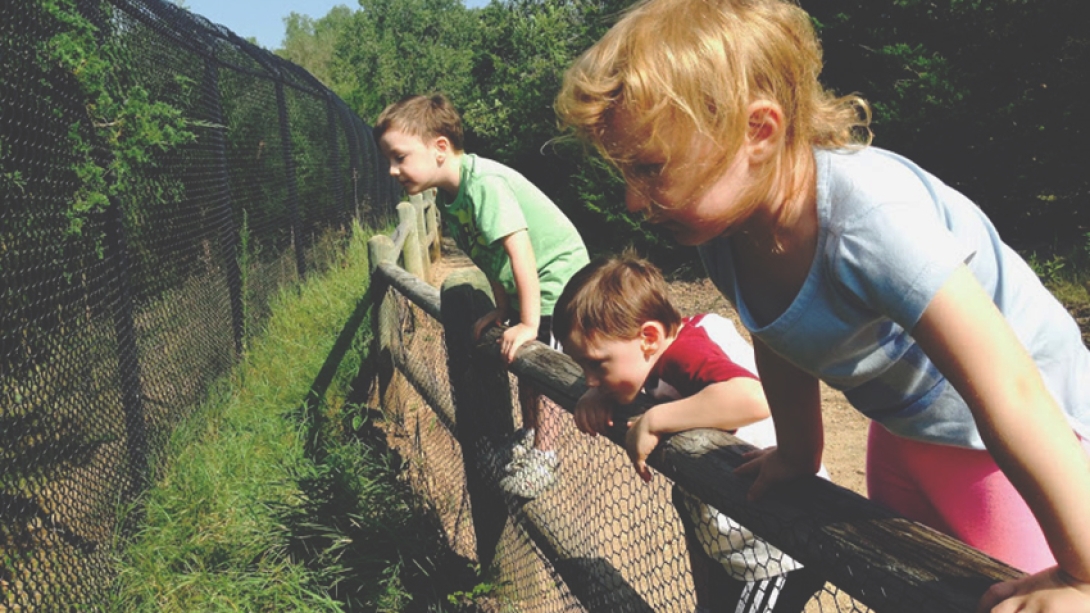
Healing and hope
Treatment has been undeniably difficult for the Taylors, but they say their sons are mostly back to themselves during breaks in between chemotherapy.
SEE ALSO: We Learn Love from Dr. Teitelbaum
Zane loves spending free time baking, watching food channels, hosting his own imaginary cooking show and even offering tips to the cook at his favorite pizza place. Zac, the more reserved of the two, loves Peppa Pig, playing with his brother and 4-year-old sister, Zoe, and swimming. The boys are mostly inseparable, their parents say.
Marty Taylor says the boys just know they "have bad guys" in their bodies, and their time at Mott is necessary to get rid of them.
"I'm so amazed by how strong they are," Bob Taylor says. "They are such a strong example for us. No matter how bad they're feeling, they still shine with their great personalities. They are both so loving and courageous."
Daughter Zoe has also "been incredible during this difficult time."
"She is so loving towards her brothers and is always willing to help with whatever they may need," Bob Taylor says.
The Taylors moved from Nebraska to South Lyon, Michigan, last September for Bob's job at Chevrolet. They said they are overwhelmed by the support from their family, church, Chevrolet and their new community, along with support from people around the world who have followed Marty's blog posts on their journey.
"We have an amazing support team. We are just so grateful for friends and family and the nurses and doctors who have taken such good care of our children," Marty Taylor says. "You can't get through these things by yourself. We couldn't be more thankful."
The Taylors are sharing their story as part of September's Block Out Cancer month at Mott, which helps raise awareness and money for pediatric cancer research.
"As difficult as this is, we've seen how many others are going through things just as tough or tougher. We want to do anything we can do to help shine a light on the need for cancer research," Bob Taylor says.
"As a friend recently told us, 'When it's all said and done, your story is not going to be cancer. It's going to be about healing and hope.'"
This post is part of a series of articles on breakthrough pediatric cancer research during Childhood Cancer Awareness Month. Learn more about how you can play a role in the fight to #BlockOutCancer.

Explore a variety of health care news & stories by visiting the Health Lab home page for more articles.

Department of Communication at Michigan Medicine
Want top health & research news weekly? Sign up for Health Lab’s newsletters today!
